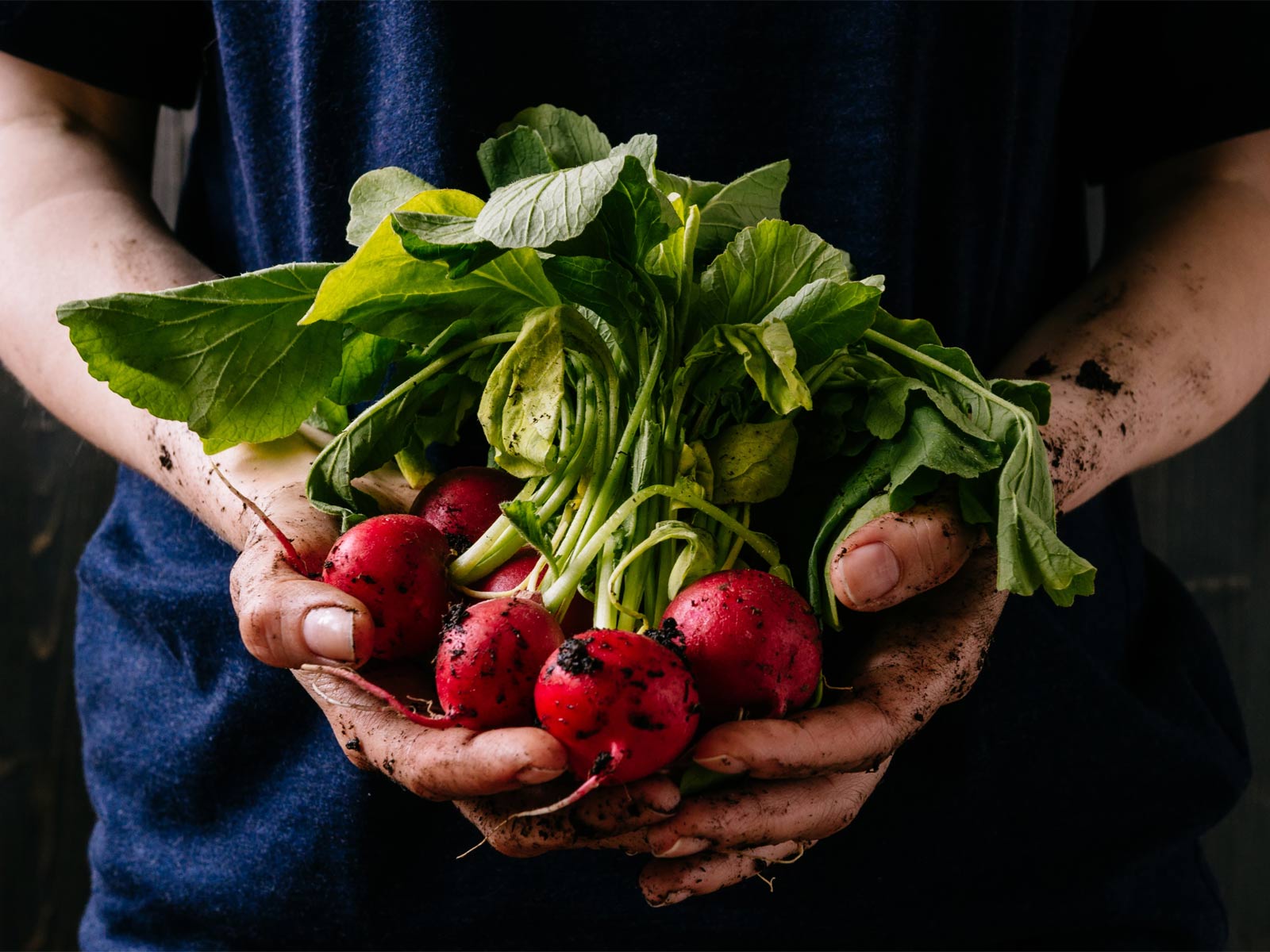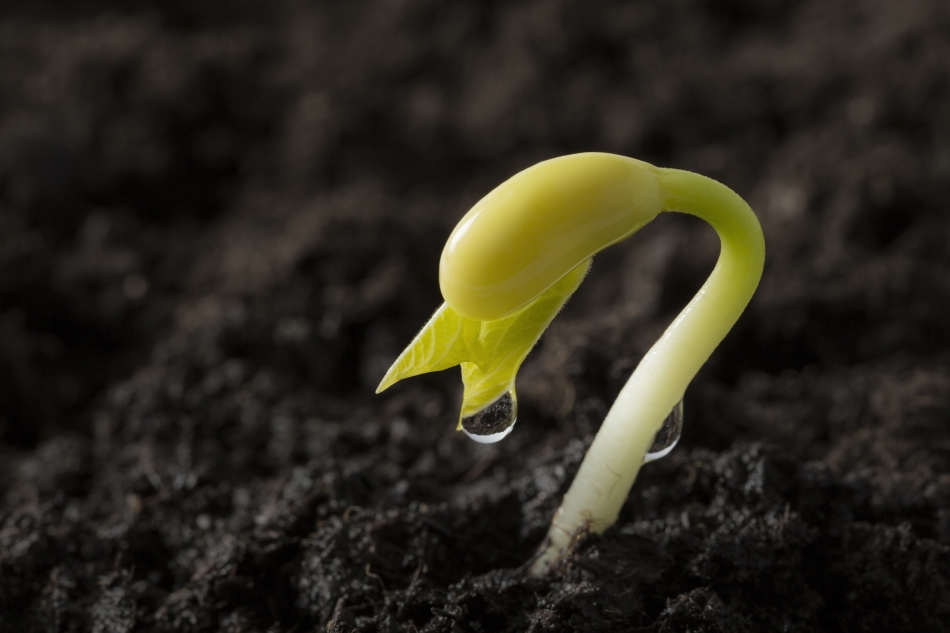Soil pollution is a great danger that affects our health, our lives, and the health of living beings on Earth
Weather of Arabia - Did you know that the number of living organisms present in a tablespoon of soil is greater than the number of people on Earth?! Soil is a world composed of living organisms, minerals, and organic components that provide food for humans and animals. You can imagine what would happen when this vital world was exposed to pollution!
We are losing nutrients in our food as the soil deteriorates
Soil affects the food we eat, our health and the health of all living things on this planet. Without healthy soil we will not be able to grow our food. Because soil is a finite resource, its loss and degradation are irreversible over a human lifetime.
Like humans, soil needs a balanced and varied supply of nutrients in appropriate amounts to be healthy. However, agricultural systems lose nutrients with each harvest, and if the soil is not managed sustainably, its fertility gradually decreases, resulting in nutrient-deficient plants.
Over the past 70 years, the level of vitamins and nutrients in food has decreased dramatically, and it is estimated that two billion people worldwide suffer from micronutrient deficiencies known as “hidden hunger” because they are difficult to detect.

Soil pollution has consequences for all forms of life
Healthy soils are key to food security. They help sustain food production, mitigate and adapt to climate change. Healthy soils filter water, improve resilience to floods and droughts and much more. However, the invisible threat jeopardizes the soil and all it has to offer.
Soil pollution causes a series of devastating effects on the environment and has consequences for all forms of life that encounter it. It alters soil biodiversity, reduces organic matter, and causes an imbalance of soil nutrients.
There are 18 elements necessary for plant growth, 3 of which plants obtain from the atmosphere through photosynthesis, while 15 are obtained from the soil.
Contaminated soil can release pollutants into groundwater, which are transported to and accumulated in plant tissues, then transmitted to grazing animals and birds, and finally to humans who eat the plants and animals. Contaminants in soil, groundwater and in the food chain can cause a variety of diseases and increased mortality in humans, ranging from short-term acute effects, such as poisoning or diarrhoea, to long-term chronic effects, such as cancer.
In addition to affecting the environment, soil pollution also has high economic costs due to reduced crop yields and quality.
And because the vast majority of pollutants are the result of human action, we are directly responsible for making the changes needed to ensure a less polluted and safer future.

Here are some of the reasons why soil pollution is catastrophic and cannot be underestimated:
- The nutrient content of plant tissues is directly related to the nutrient content of the soil and its ability to exchange nutrients and water with plant roots, and thus our health and the health of all living things on this planet depends on the health of the soil.
- Although soil pollution is not visible, a third of our soils are moderately or severely degraded due to: erosion, loss of soil organic carbon, salinization, stress, acidification, and chemical pollution.
- It takes about 1000 years to create 1 cm of topsoil, which means that we will not be able to produce more soil during our lifetime, so the current rate of soil degradation threatens the ability of future generations to meet their basic needs.
- Soil pollution reduces its ability to filter and act as a filter and buffer for pollutants, which means that pollutants are leaked and transferred to other parts of the environment and the food chain.
The benefits of soil go beyond food production. Did you know that most of the known antibiotics, including penicillin, originated from microorganisms in the soil?
- Soil pollution affects food security by reducing crop yield and quality. Safe, nutritious and good quality food can only be produced if our soils are healthy.
- Soil pollution can be the result of poor agricultural practices that reduce soil organic matter, harm the soil's ability to decompose organic pollutants, and increase the risk of their release to the environment. Therefore, sustainable agricultural production practices have become imperative to reverse soil degradation and ensure current and future global food security.
- Soil pollution can endanger our health when a large proportion of the antibiotics used in agriculture and medical treatments leak and reach the bacteria in the soil, which creates types of bacteria that are resistant to antimicrobials, and thus reduces the effectiveness of antibiotics, as it is attributed to the death of about 700,000 people every year. to antibiotic-resistant bacteria.

Soil protection and preservation begins with us
With the world's population projected to exceed 9 billion by 2050, our current and future food security depends on our ability to increase yields and food quality using the soils we have today. Soil pollution negatively affects us all.
Soil protection and preservation begins with us. Here are some examples to be part of the solution:
- Make sustainable food choices.
- Properly recycle hazardous materials such as batteries.
- Make compost at home to reduce the amount of waste that gets buried in landfills.
- Proper disposal of antibiotic waste.
- Promoting sustainable agricultural practices in our communities.
- Monitor the quality of fertilizers, and follow the instructions for the correct use of fertilizers.
- Encouraging the cultivation of legumes, diversifying crops, and paying attention to agricultural cycles.
Healthy soil is a precious, non-renewable commodity that is under increasing threat from destructive human behaviour. We are responsible for the soil that provides us with food, water and air, and we must take action today to ensure we maintain healthy soils for a sustainable and food-secure future. Let's be part of the solution to maintain soil health!
Source: Food and Agriculture Organization of the United Nations ( fao.org )
Arabia Weather App
Download the app to receive weather notifications and more..



